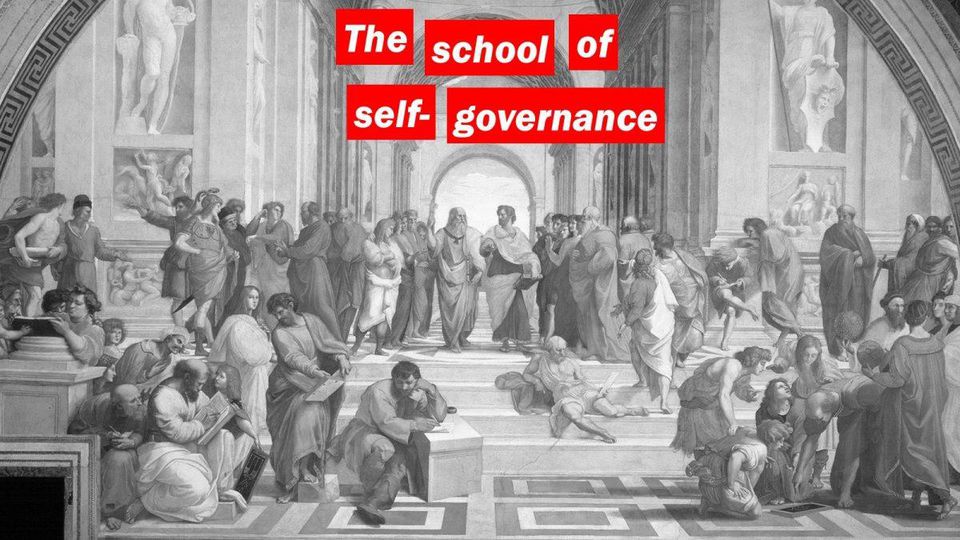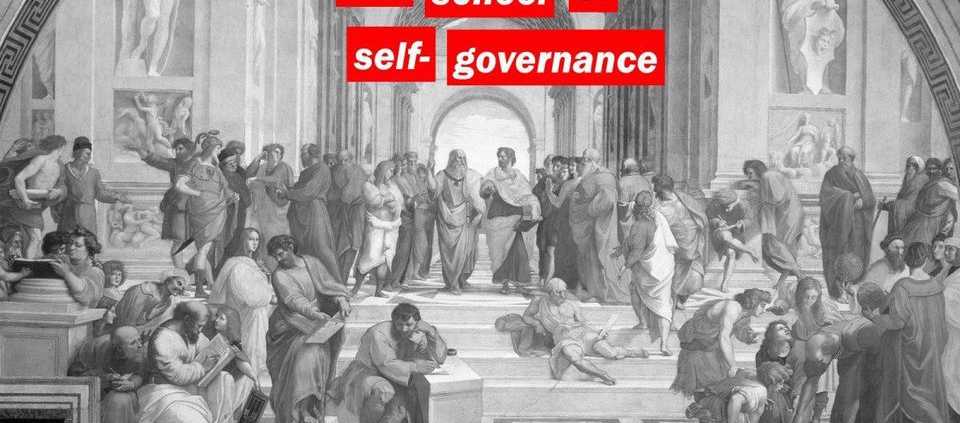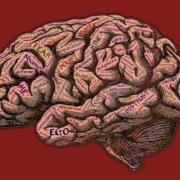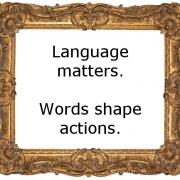And Now Ethics 2.0: An Argument For More Self-Governance
 In a new article in Forbes, ES advisory board member Carsten Tams offers advice on designing ethics and compliance programs that serve to both strengthen adherence to regulatory guidelines and provide employees with a broader measure of moral agency.
In a new article in Forbes, ES advisory board member Carsten Tams offers advice on designing ethics and compliance programs that serve to both strengthen adherence to regulatory guidelines and provide employees with a broader measure of moral agency.
The intention behind an action is central to the distinction between “compliance” and “ethical behavior.” Compliance is simply behavior in accordance with someone else’s requirements in order to gain rewards or avoid punishment. When people act ethically, they are self-governed. Ethical behavior is prosocial behavior for its own sake. People engage in it for no other reason than that they view it as the right thing to do. As such, ethical behavior is intrinsically motivated.
Various lines of research make contributions to a better understanding of the human capacity for moral agency. Here is a sampling of what is to come:
- The results of interdisciplinary research on human morality – from evolutionary biology to developmental psychology to neurology – provide abundant evidence of people’s distinct ability to act ethically.
- The psychologist Albert Bandura comprehensively describes the psychological process that underlies moral agency.
- Motivation research, particularly that based on Edward Deci and Richard Ryan’s Self-Determination Theory, allows us to understand the factors driving intrinsically motivated ethical behavior.
- Criminological research highlights the contribution of collective efficacy and informal social control to crime reduction.
Other lines of research indicate specific methods for promoting self-governing behavior in organizations:
- Newly emerging leadership models, such as Shared Leadership, highlight how leaders can support participatory governance practices.
- Educational research provides methods for strengthening ethical self-efficacy through training.
- Social Network Analysis shows how human agency can be enhanced by modifying organizational network structures.
- The so-called “nudge” concept points to the possibilities of supporting ethical decision making by subtly changing the choice architecture.
- The co-creation paradigm shows how social platforms can be used to engage employees in organizational governance.
- Anthropological linguistics illustrates the role of institutional language and discourse practices in the social construction of an ethical organizational culture.
These examples merely hint at the rich repertoire of insights that social and behavioral sciences offer for better understanding and influencing human behavior.
As the first in a series of pieces on ethics, governance, culture and compliance, Tams’ comprehensive article provides both research and suggestions on developing a C&E program that allows for greater agency among employees. It is advice many companies would do well to follow.
Read the full piece on Forbes >>
Further Reading:
- Compliance and Ethics [Research Page]








